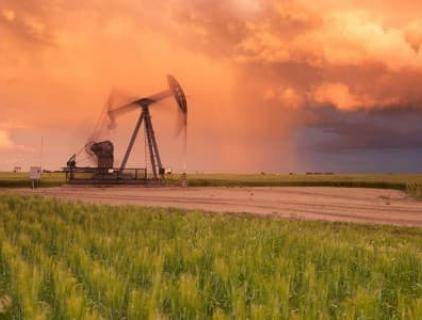
What Happens If We Stop Pumping Oil Tomorrow?If there was no oil, iPhones, technology, computers, plastics, all manufactured products, food and medicines would not be able to be produced,
2021/08/17 09:07

Brazil is on its way toward becoming the biggest supplier of offshore oil globally, contributing some 1.3 million bpd in 2025, World Oil reports, citing a new report by GlobalData.
2021/08/16 14:34
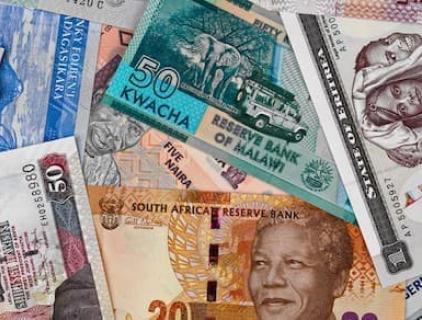
Uganda is set to be a key focus of African Energy Week (AEW) in Cape Town this November, as its flourishing oil industry looks set to boom in the coming years. Uganda’s government has been working hard to encourage more foreign investment recently as the country aims to develop its oil and gas industry significantly over the next decade.
2021/08/13 14:39
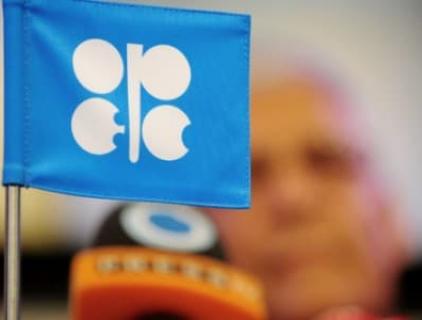
Global oil demand is expected to average 96.6 million barrels per day (bpd) this year and exceed 100 million bpd in the second half of 2022, OPEC said on Thursday, keeping its estimates from a month ago unchanged despite the COVID resurgence in major economies, including China and the United States.
2021/08/13 14:36

A new era in deepwater drilling is about to begin. With the sanctioning of the Anchor project super-major operator, Chevron, NYSE: CVX) signaled that it was ready to risk billions tapping the ultra-high pressure, Lower Wilcox Tertiary play, some 35,000 feet below the mudline.
2021/08/12 14:22
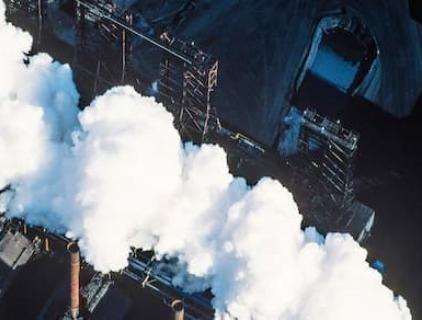
Canada’s oil industry, which operates one of the world’s most emission-intensive ways of pumping crude, has recently pledged to work to make the oil sands net-zero emission by 2050. But the industry says it cannot do it alone as billions of dollars of investments will be needed to decarbonize the oil sands operations. Canada’s federal government has a part to play in supporting net-zero oil sands, and it should pay most of the tab for making the industry ‘greener’, top executives at the major Canadian oil firms say.
2021/08/12 14:06

After hitting a three-week low on Monday, oil prices rose early on Tuesday as the market hopes that still resilient oil demand in the West would offset weakness in its top consumer and top global crude importer, China.
2021/08/11 14:37

That the oil-producing world is highly reliant on China's appetite is a fact we are reminded of from time to time. Last year, Chinese buyers dragged oil prices out of the doldrums single-handedly as they stocked up on the cheap commodity to fill reserves. Now, this overreliance is backfiring with prices down and likely to stay down because of China. In all fairness, it is not so much China as it is the resurgence of Covid-19 in China that drove prices sharply down at the start of this week. Benchmarks hit the lowest in three weeks because of the movement restrictions that Chinese authorities imposed in response to the latest wave of infections. These included warnings against travel, flight cancellations, and curbs in public transport and taxis.
2021/08/11 14:31

China Petroleum & Chemical Corporation, or Sinopec, is expected to reduce refinery run rates by up to 10 percent at some of its facilities amid renewed travel restrictions in China to fight a COVID wave, a commodity research analyst told Bloomberg in an interview on Tuesday.
2021/08/11 14:23
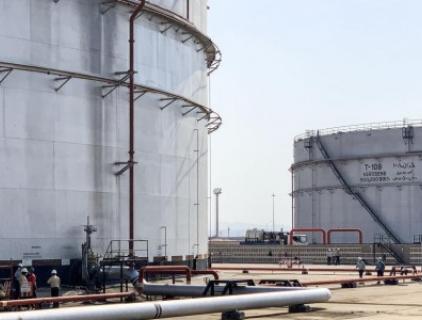
Saudi Aramco reported a 288-percent increase in net profits for the second quarter of the year, to $25.5 billion, thanks to the rebound in oil prices spurred by growing demand.
2021/08/10 14:18

Update On The World’s Most Exciting Oil Play: Interview With Scot Evans
2021/08/10 14:09

What Happens If We Stop Pumping Oil Tomorrow?If there was no oil, iPhones, technology, computers, plastics, all manufactured products, food and medicines would not be able to be produced,

Brazil is on its way toward becoming the biggest supplier of offshore oil globally, contributing some 1.3 million bpd in 2025, World Oil reports, citing a new report by GlobalData.

Uganda is set to be a key focus of African Energy Week (AEW) in Cape Town this November, as its flourishing oil industry looks set to boom in the coming years. Uganda’s government has been working hard to encourage more foreign investment recently as the country aims to develop its oil and gas industry significantly over the next decade.

Global oil demand is expected to average 96.6 million barrels per day (bpd) this year and exceed 100 million bpd in the second half of 2022, OPEC said on Thursday, keeping its estimates from a month ago unchanged despite the COVID resurgence in major economies, including China and the United States.

A new era in deepwater drilling is about to begin. With the sanctioning of the Anchor project super-major operator, Chevron, NYSE: CVX) signaled that it was ready to risk billions tapping the ultra-high pressure, Lower Wilcox Tertiary play, some 35,000 feet below the mudline.

Canada’s oil industry, which operates one of the world’s most emission-intensive ways of pumping crude, has recently pledged to work to make the oil sands net-zero emission by 2050. But the industry says it cannot do it alone as billions of dollars of investments will be needed to decarbonize the oil sands operations. Canada’s federal government has a part to play in supporting net-zero oil sands, and it should pay most of the tab for making the industry ‘greener’, top executives at the major Canadian oil firms say.

After hitting a three-week low on Monday, oil prices rose early on Tuesday as the market hopes that still resilient oil demand in the West would offset weakness in its top consumer and top global crude importer, China.

That the oil-producing world is highly reliant on China's appetite is a fact we are reminded of from time to time. Last year, Chinese buyers dragged oil prices out of the doldrums single-handedly as they stocked up on the cheap commodity to fill reserves. Now, this overreliance is backfiring with prices down and likely to stay down because of China. In all fairness, it is not so much China as it is the resurgence of Covid-19 in China that drove prices sharply down at the start of this week. Benchmarks hit the lowest in three weeks because of the movement restrictions that Chinese authorities imposed in response to the latest wave of infections. These included warnings against travel, flight cancellations, and curbs in public transport and taxis.

China Petroleum & Chemical Corporation, or Sinopec, is expected to reduce refinery run rates by up to 10 percent at some of its facilities amid renewed travel restrictions in China to fight a COVID wave, a commodity research analyst told Bloomberg in an interview on Tuesday.

Saudi Aramco reported a 288-percent increase in net profits for the second quarter of the year, to $25.5 billion, thanks to the rebound in oil prices spurred by growing demand.

Update On The World’s Most Exciting Oil Play: Interview With Scot Evans




